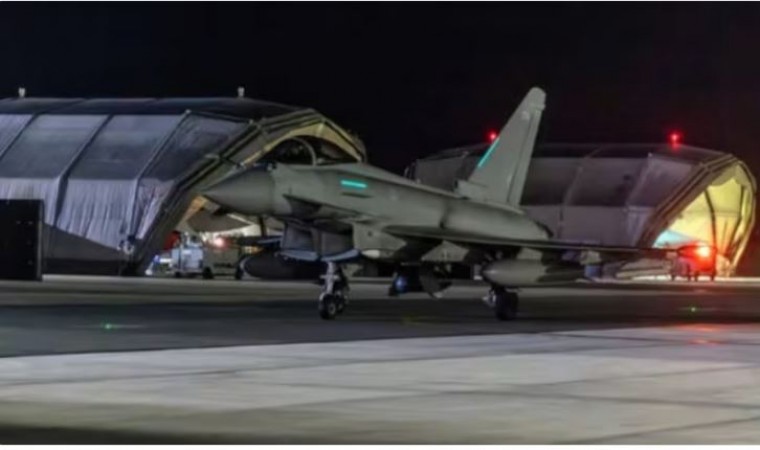
In ongoing efforts to curb Houthi rebel activities in Yemen, the United States carried out its sixth consecutive strike on January 19. Targeting Houthi sites, specifically anti-ship missile launchers poised for deployment, fighter jets from the USS Dwight D. Eisenhower aircraft carrier executed the operation. However, these strikes have yet to deter Houthi attacks on ships in the Red Sea and Gulf of Aden, occurring nearly every day.
President Joe Biden acknowledged the lack of tangible results from previous strikes, including a massive joint effort by US and British forces last Friday. Despite these setbacks, Biden expressed the commitment to continue such actions.
The White House emphasized a surge in preemptive missions against Houthi missile launchers, aiming to enhance security in vital shipping lanes. In a significant move, the Biden administration reclassified the Houthis as specially designated global terrorists, imposing sanctions while ensuring continued humanitarian aid for Yemen.
Amid these developments, the US and UK are exploring ways to intensify their campaign against Houthi militants without triggering a broader war. The focus is on disrupting Iranian resupplies and conducting assertive preemptive strikes, though the risk of escalating tensions with Iran remains.
To bolster control in the region, the US Navy is reshuffling its warship deployment in the Mediterranean, anticipating a prolonged engagement. This strategic move aims to address concerns of potential escalation in Israel's conflict with Hamas in Gaza, which could lead to a wider regional confrontation.
The Houthi rebels, who have controlled Yemen's capital since 2014, gained political influence following the US strikes. This strengthens their position within Yemen's complex political landscape and aligns them with Iran in the "Axis of Resistance," which includes groups like Hamas and Hezbollah.
Houthi attacks on ships in the Red Sea are disrupting global trade, but the damage to vessels has been relatively minimal. While some ships have faced direct strikes, they managed to continue their voyages independently, indicating a cautious approach by the rebels.
In a social media spotlight, a Yemini TikTok user gained attention for videos taken aboard a commercial container ship reportedly seized by the Houthis. The 19-year-old, self-proclaimed "pirate," emphasized the importance of focusing on the Palestinian cause.
Finally, the Houthi rebels clarified their intentions, stating they do not plan to extend attacks on shipping beyond blockading Israel and retaliating against the US and UK. The chief negotiator in peace talks for Yemen's civil war emphasized that their actions aim to pressure Israel, with no intentions to target Saudi Arabia and the UAE.
6. "Mediterranean Maneuvers: US Navy Reshuffles Amidst Red Sea Engagement"
In response to the escalating tensions in the Red Sea, the US Navy strategically reorganizes its warship deployment in the Mediterranean. This proactive move aims to maintain control in the region, anticipating a more extended engagement amid concerns over the potential escalation of the conflict between Israel and Hamas in Gaza.
As the Houthi rebels maintain control of Yemen's capital, recent US strikes have inadvertently boosted their political standing. This development strengthens the rebels' position within Yemen's intricate political landscape and aligns them further with the "Axis of Resistance," which includes Iran and supported militant groups like Hamas and Hezbollah.